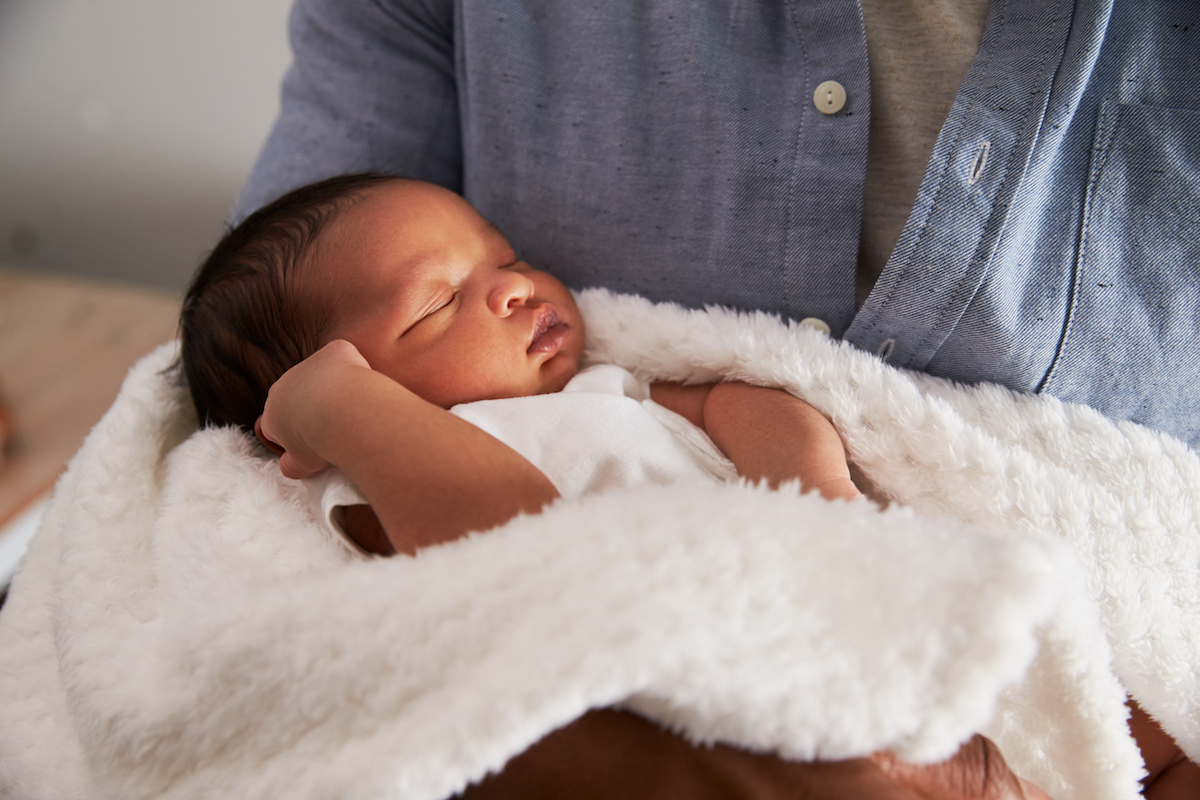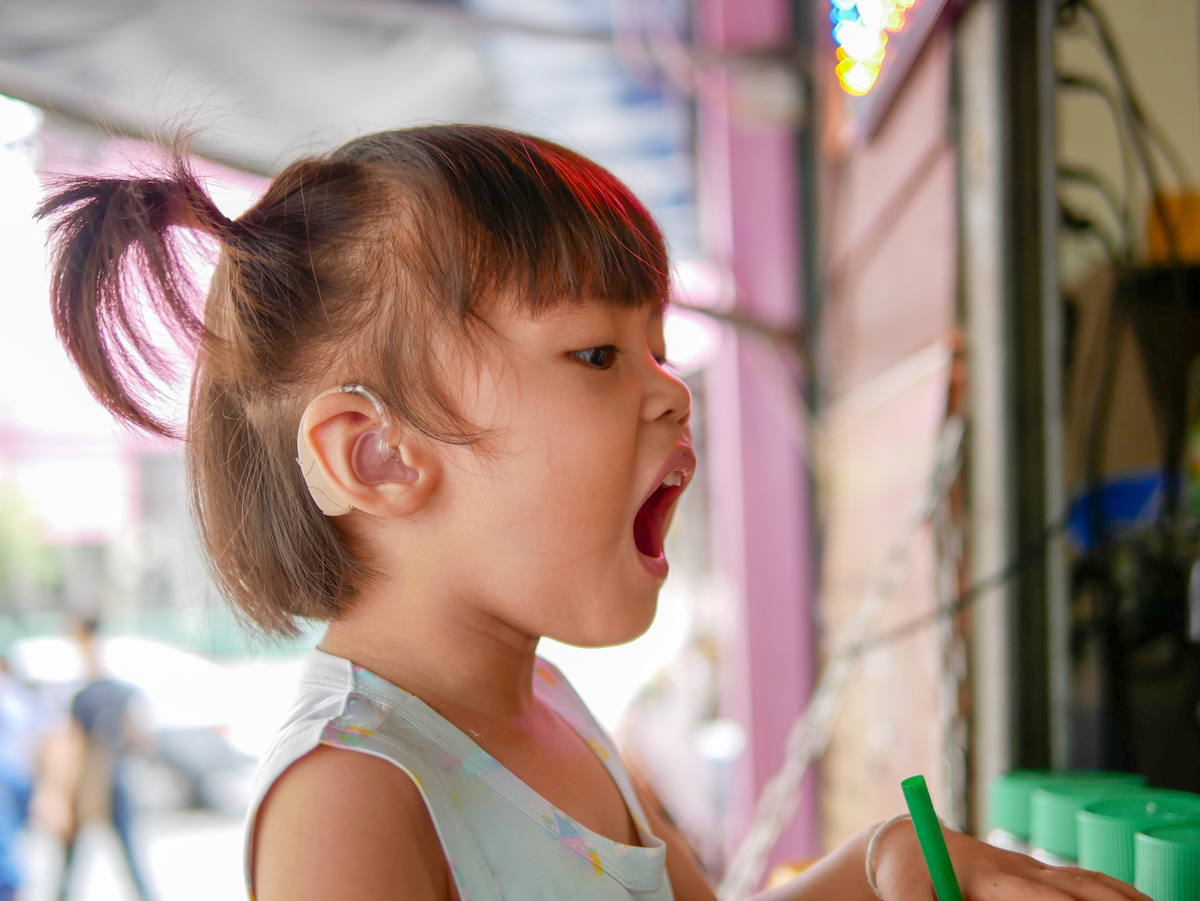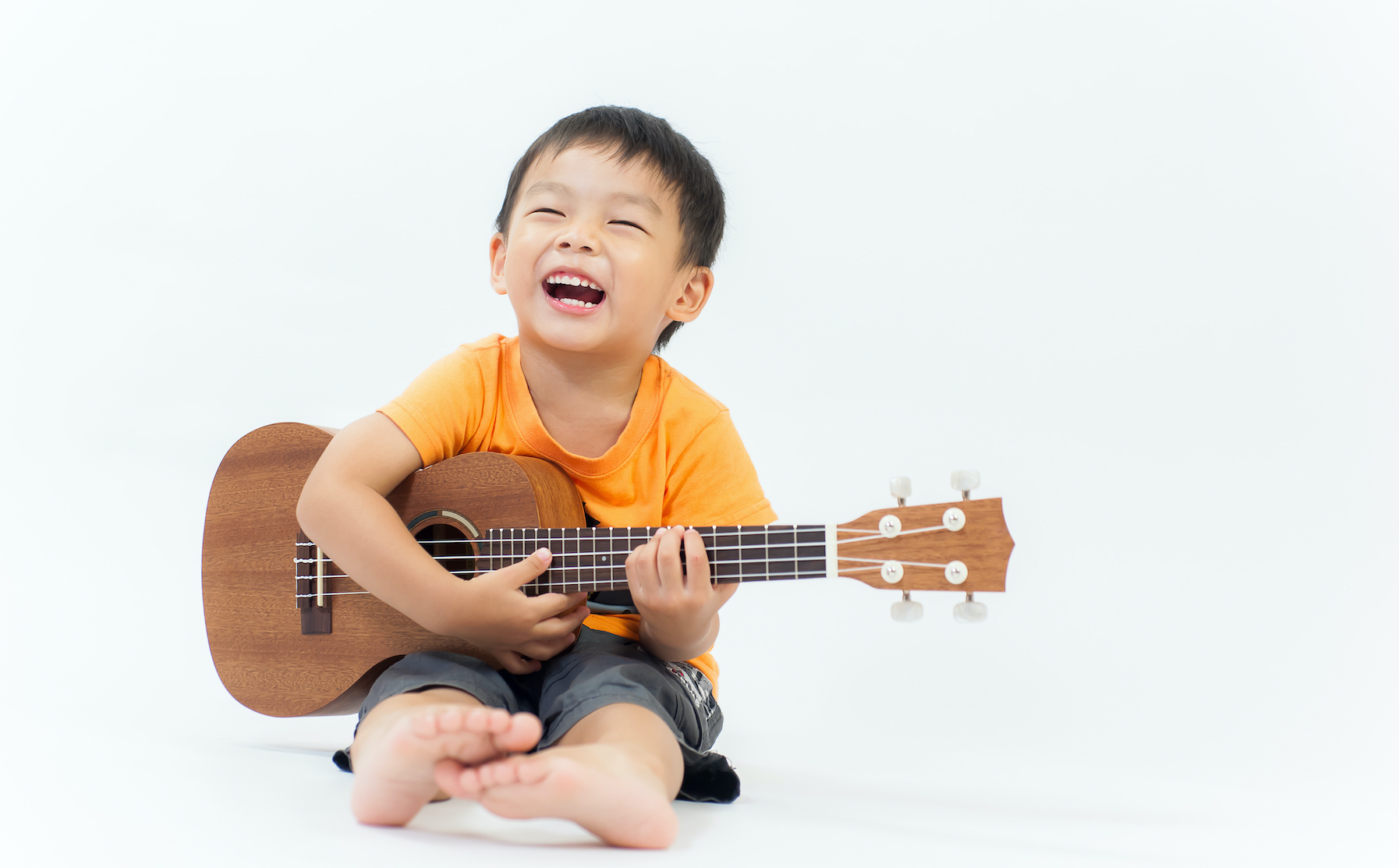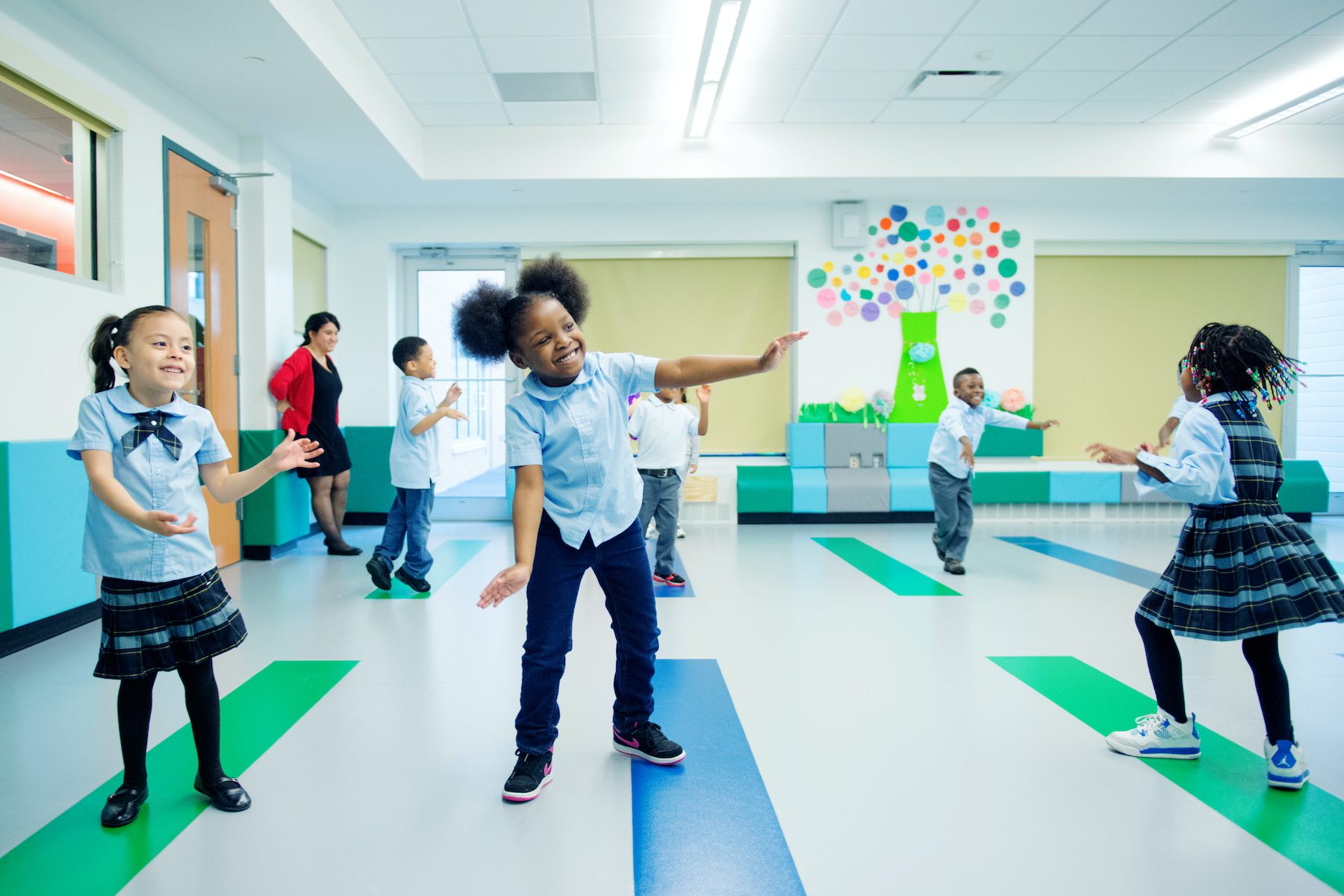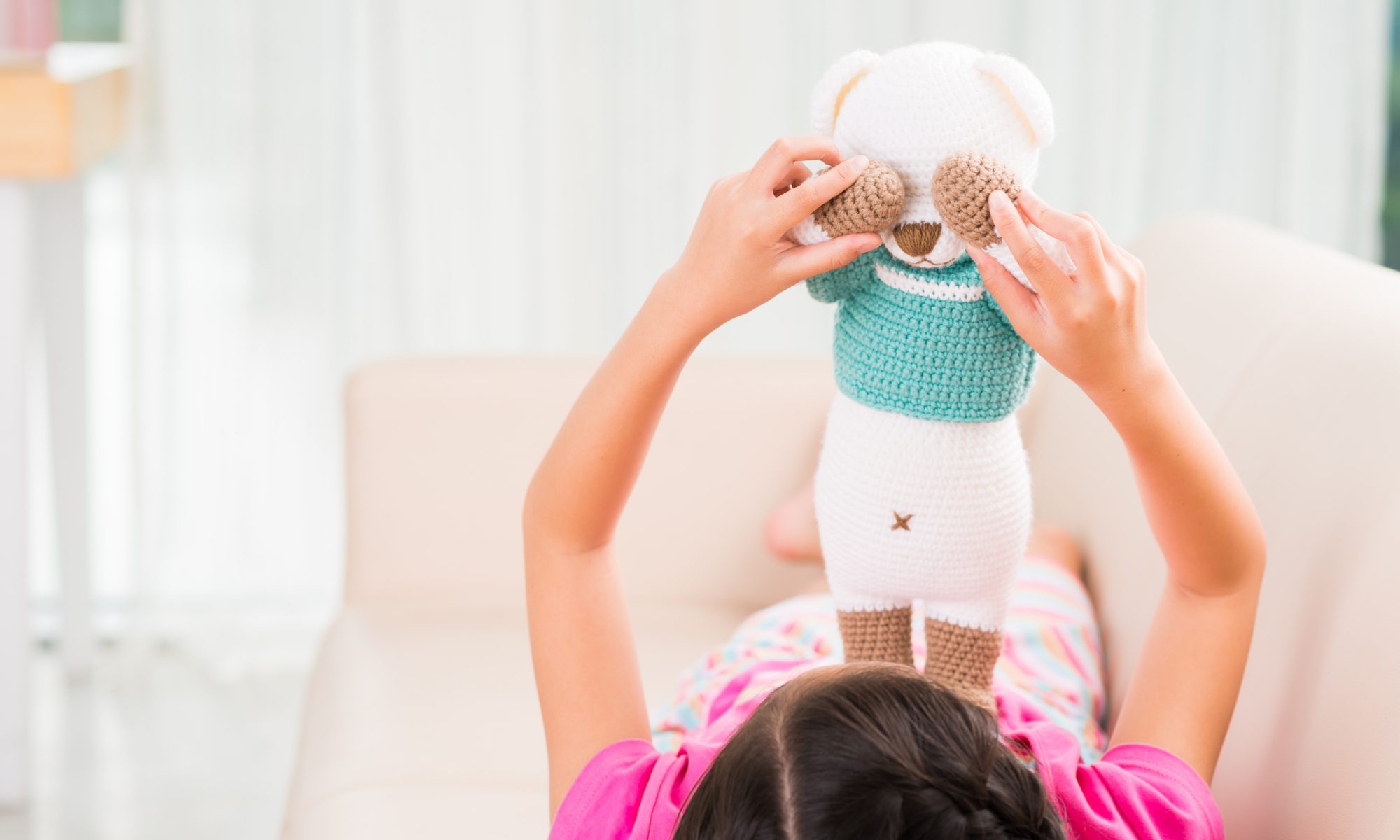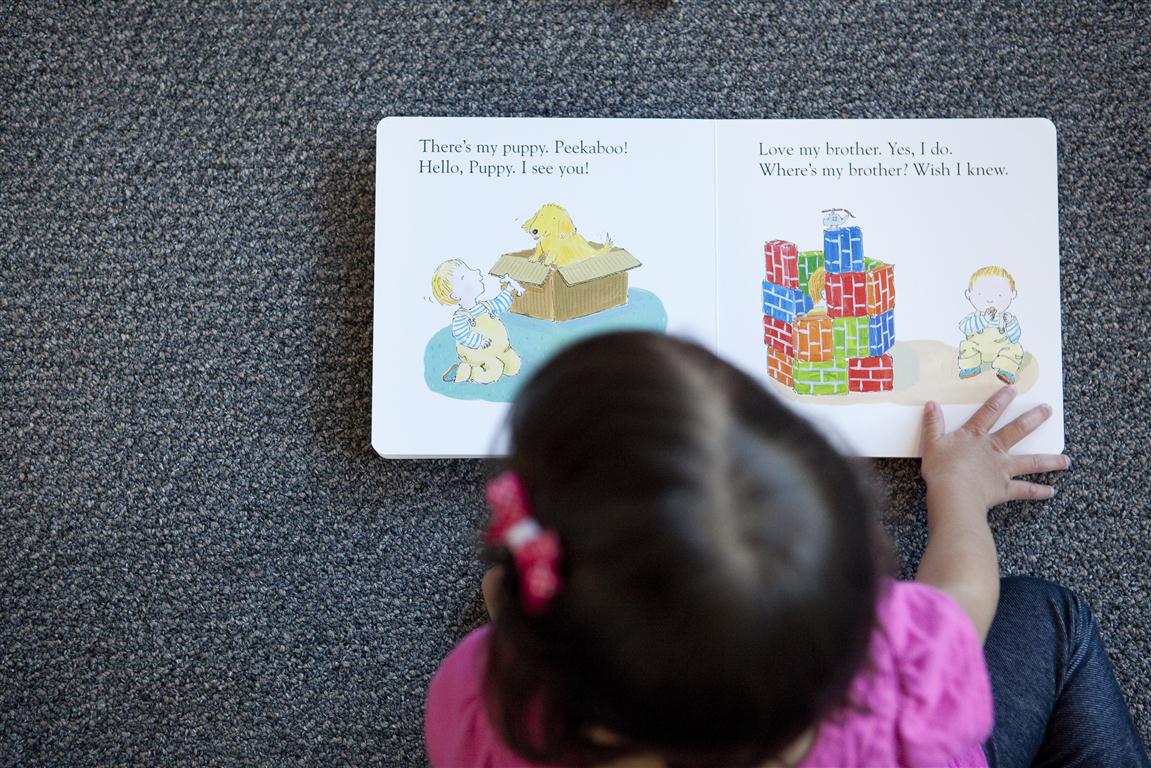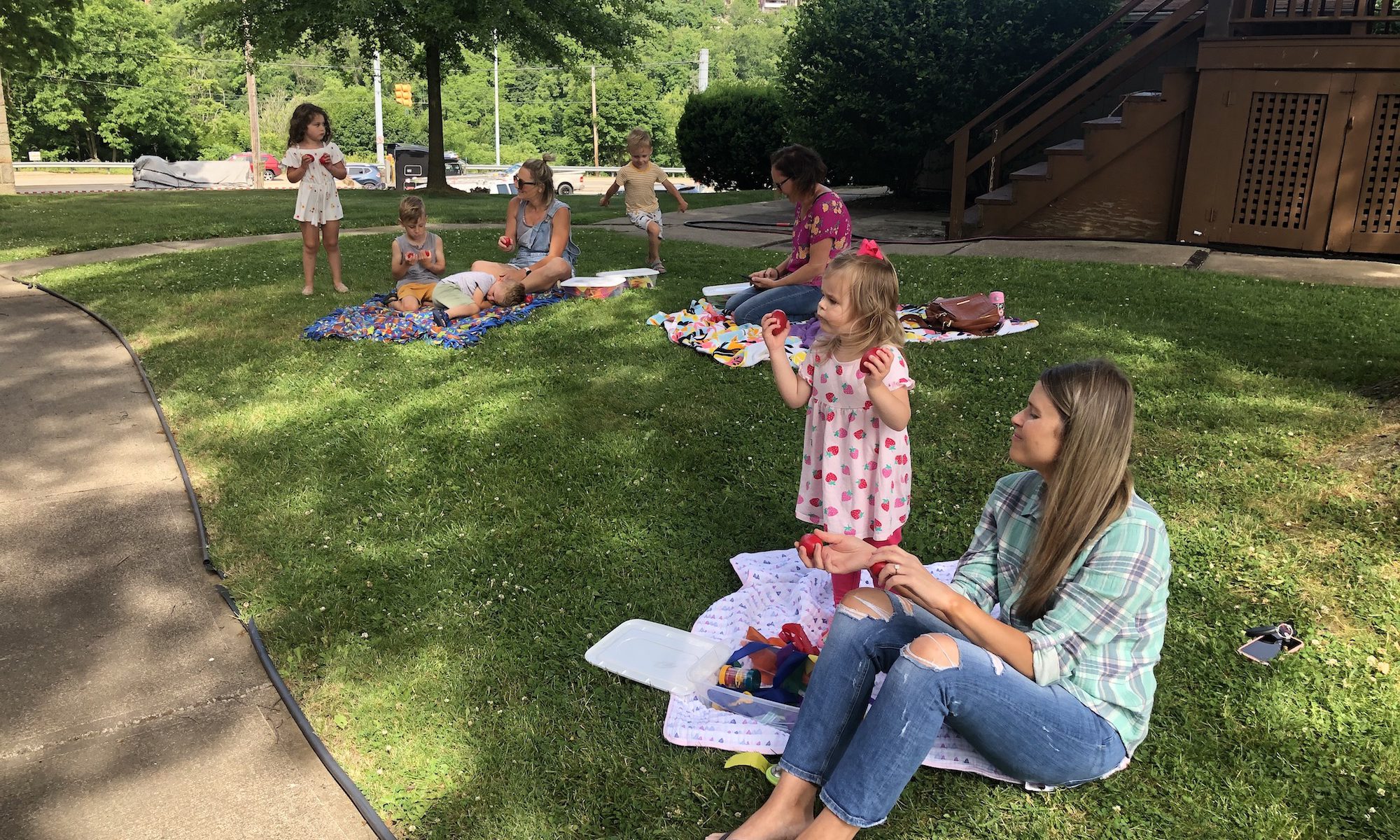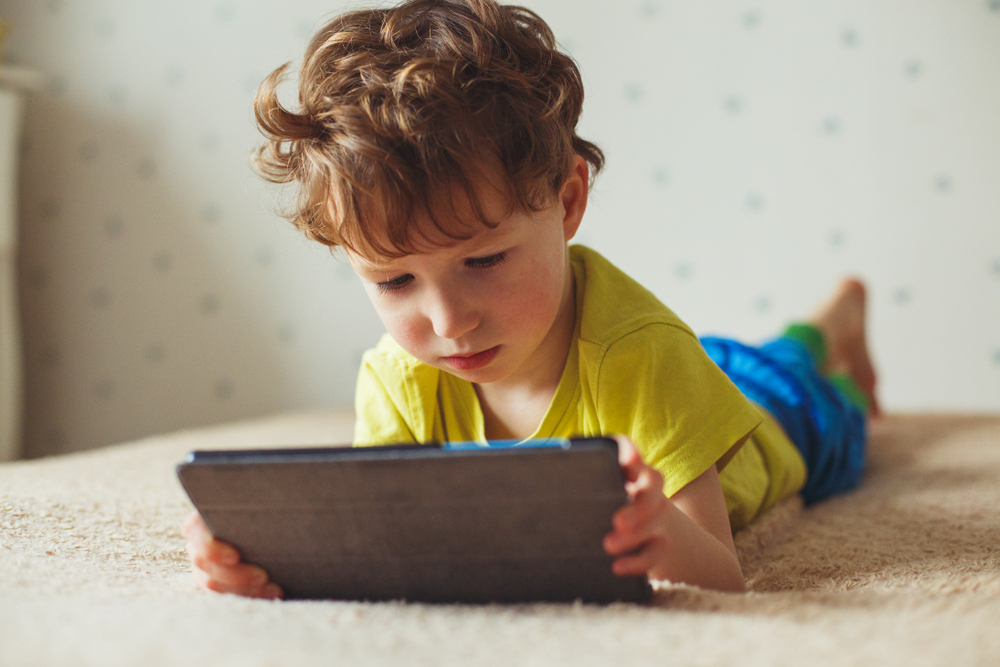Everyone loves to watch a sleeping infant, but is white noise for babies the best environment for these peaceful moments?
Research tells us no, and here’s why – your baby’s auditory system is hard at work, and sleep aids like white noise can send it into overdrive.
Our auditory system is the first to develop and the last to stop. It is almost fully developed at 16 weeks in utero. So, when your baby is born, they already have 5 months’ experience in processing sound.
Before we look at why soothing, patterned sounds like music are better than white noise for babies, it’s important to understand how the auditory system works.
Continue reading “Why Music Is Better Than White Noise for Babies”
